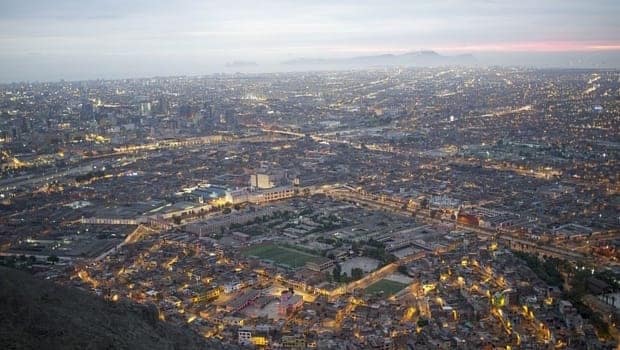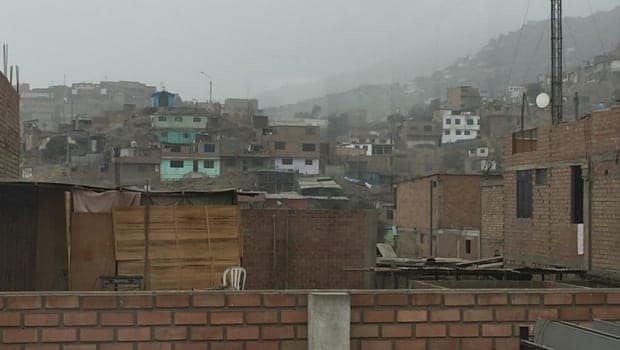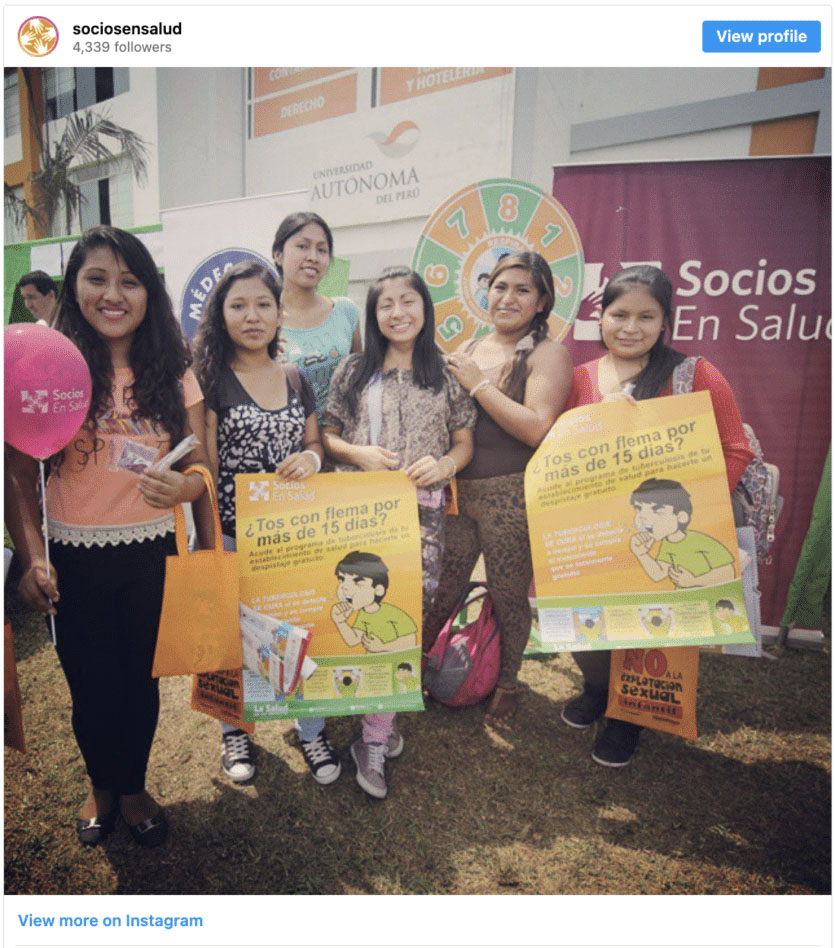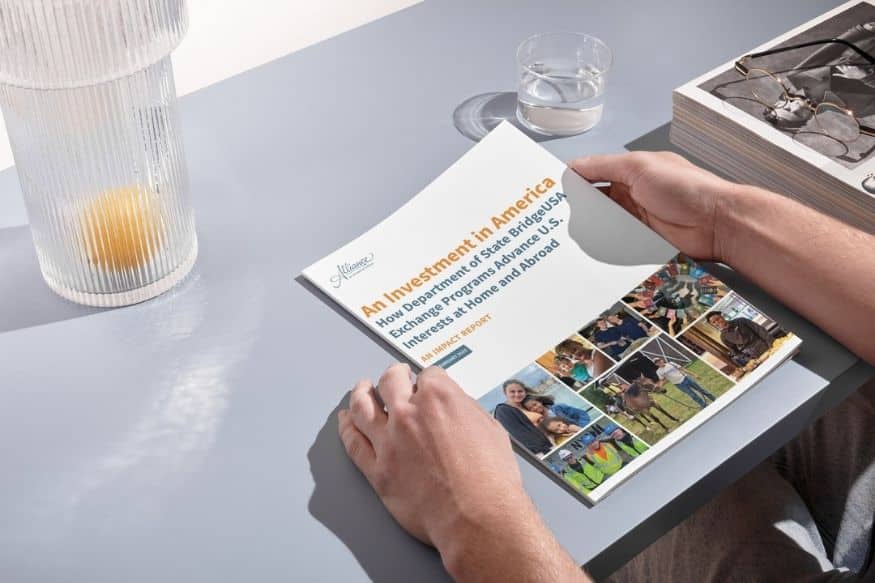
Photo courtesy of Pixabay
Being in Lima has been a whirlwind experience. The city itself is huge—at 22 million people, it is the second-largest city in Latin America. Every day, I fight the crowds to take the bus across the city to the outlying municipality of Carabayllo. Here, I work with the organization Socios en Salud, the Peru branch of the global health NGO Partners in Health. The project I am working on focuses on maternal and infant health, and involves collaborating with local government, health workers and community members with the ultimate aim of improving maternal mortality and child malnutrition.

View of Carabayllo. Photo courtesy of Natalie L.
In the office where I work, the entire staff is Peruvian, most of its members from Carabayllo itself. All operations are conducted in Spanish, a language in which I am proficient, but not yet fluent. Every day, I learn new vocabulary, such as chamba, a slang word for “work,” or palta, which means both “avocado” and “shame,” depending on how it is employed.

But I am not just learning vocabulary here. I am learning how to conceptualize public health in a language and culture not my own, coming to understand both the major challenges facing the population, as well as how its members envision solutions.
I am also realizing how much I do not know, and the extent to which it is necessary to understand the broader societal patterns and history of a community before having any idea of how to approach health solutions. I have not yet started the fieldwork portion of the project, which will involve conducting interviews with community members, but I look forward to beginning that process, so that I can continue learning from and interacting with the community around me.
by Natalie




